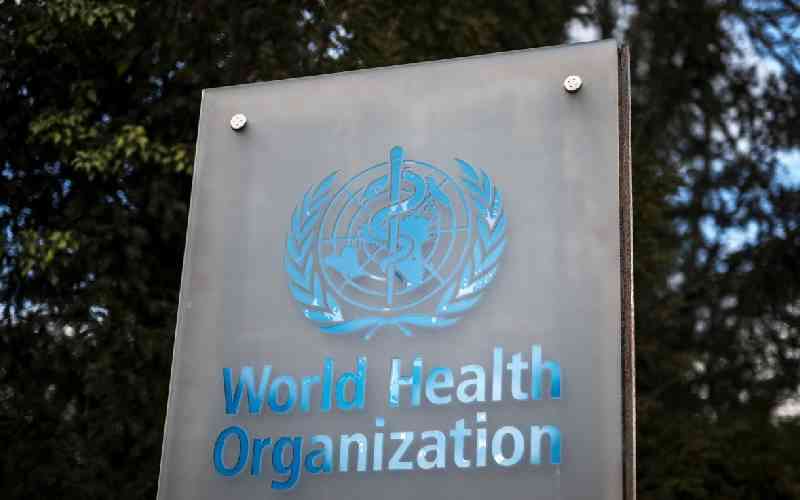
Immediately after Faith Kwoba was born, her parents noticed something was wrong. Her skin was yellowish, and her limbs and body were swollen.
But it wasn't until she was 3.5 years old that she was diagnosed with sickle cell anaemia, a condition that would shape her entire life. Yet, Faith has spent every day since defying the odds that others might not have accepted.
According to National Institutes of Health (NIH) Sickle cell disease is a group of inherited red blood cell disorders that affect haemoglobin, the protein that carries oxygen through the body.
 The Standard Group Plc is a multi-media organization with investments in media
platforms spanning newspaper print
operations, television, radio broadcasting, digital and online services. The
Standard Group is recognized as a
leading multi-media house in Kenya with a key influence in matters of national
and international interest.
The Standard Group Plc is a multi-media organization with investments in media
platforms spanning newspaper print
operations, television, radio broadcasting, digital and online services. The
Standard Group is recognized as a
leading multi-media house in Kenya with a key influence in matters of national
and international interest.











